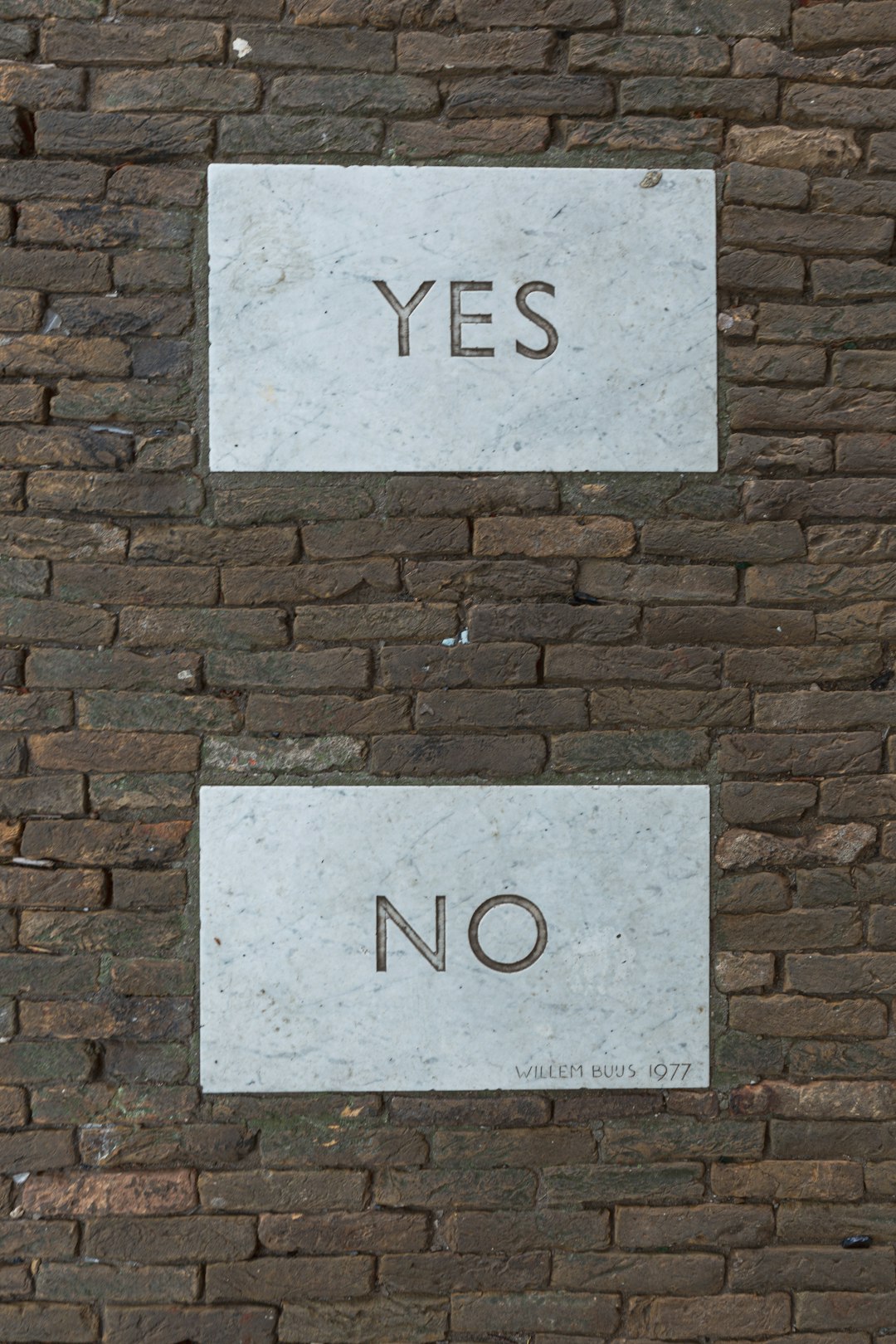Value of a decision
We make so many decisions, what makes a decision valuable? What are the decisions that are worth making?
Every day, all of us take numerous decisions. Some are of great consequence but many others are of little or no consequence. What you decide to wear may not be of great consequence to anyone. But what you decide to write in a proposal might be of significant consequence.

What are the factors that determine the value of a decision?
Persistent - Would the effects of your decision persist over time?
What you wear today may not have much of an effect over time. But a decision to go to the gym every day for the next 365 days may have an effect over time if you stick to it.
Mahatma Gandhi decided that he wanted to get rid of the British through non-violence. This singular decision alone had a huge effect over time. It became hard for the most toughened of English (except Churchill) to justify their presence in India. All of the violence inflicted upon the peaceful demonstrators was a result of how bad the demonstrations made them look!
Is your decision going to persist over time?
Significant - How significant is the decision?
Again, what you choose to wear might be the least significant decision you make. But there are decisions that make a huge difference.
Benjamin Lay was an American Quaker who lived in the early 18th century and started the Abolitionist movement. He sowed the seeds for what went on free the slaves in America. This was a huge shift from the way people thought at the time. Slaves were not even considered human. They were treated like animals. He made people think about what they were doing to other people. He made them think about human rights. This thought had great significance and changed the flow of history.
Is the decision you are taking significant?
Contingent - Would things turn out differently if you did not do it?
Things would not turn out radically different in the world if you did not do some of the things you did today. But there are certain things that could have turned out radically differently if certain people had not decided to do certain things.
Would there have been a non-violent freedom movement in India if Mahatma Gandhi had not decided to start it?
If Benjamin Lay had not started the abolitionist activities, would the movement have started at someone else’s hands?
If Elon Musk had not invested in Tesla, would battery-powered cars have become as prevalent?
Would the company have changed its marketing strategy had you not spoken up?
Most of our decision would not fall under any of these three categories.
Some of them would fall under one of these three categories.
The most consequential decisions are ones that are persistent, significant and contingent.

